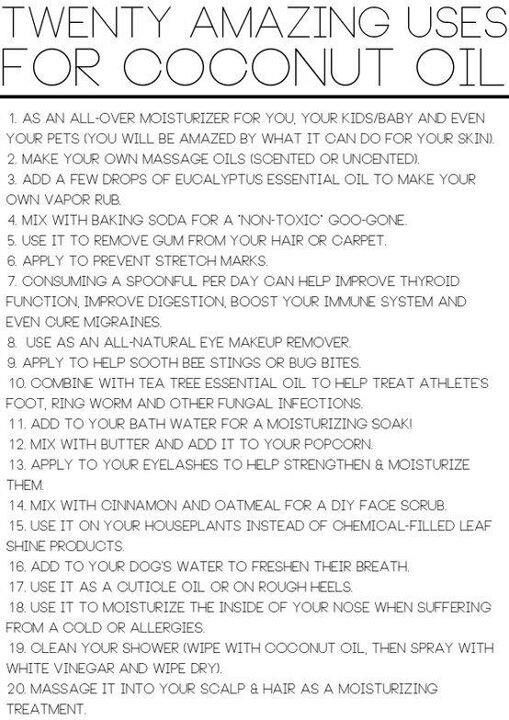Do You Want to be a Doctor? Everything You Need to Know About the MCAT’s

You may be considering becoming a doctor, but you’re not sure if it’s for you. You may have some preconceptions of what it’s like to be a medical student. But do you really know what it takes to pursue a medical education? Here’s everything you need to know about getting into the medical field.
Contents
You May Struggle
Medical schools admit some of the smartest students in the world. Most of those students have an impressive track record of scoring high on their exams. Some of them also come from a remarkable academic background and rich family history. Unfortunately, that’s not the case for every student, and you may struggle academically more than you did in high school.
Medical school is so difficult that pre-med students have to spend most of their time studying to stay on top of these difficult concepts. There are more exams during the first pre-clinical years. This can be overwhelming, even for high-performing students. Medical school is an experience in which you have to work very hard to be at the top of your game at every step of the way. You can’t expect to get through school by being average.
Knowing this information can help prepare you for the Medical College Admission Test (MCAT) to pursue higher education. Thankfully, there are a wide variety of ways to prepare and study for this critical exam. Some of those methods include watching online videos, using interactive flashcards, and taking online prep for graduate entrance exams. Online prep is beneficial since you test yourself on the concepts you learned and keep track of your score.
You’ll Never Be Prepared
Even with all of these resources at your reach, you’ll never be fully prepared. Even after years of training and studying, you won’t be able to remember everything that you have learned. Medicine is a field that’s always changing, and it’s important for you to keep up with these changes. You can’t prepare yourself for every scenario. The ability to act under pressure and think on your feet are important skills for this field.
Always expect the unexpected, especially during the internship and residency period. After a failed attempt, it’s time to pull out the pen and paper and find out ways to improve. No mobile app or communications training can prepare you for certain situations. It’s best to learn how to adapt to these situations once you’re in the midst of them.
You Can Still Have a Social Life
It’s possible to still have a social life in medical school. While it’s mentally and emotionally demanding, it’s a unique experience that brings people together. Most pre-med students underestimate the importance of extracurricular activities and socializing during their first two years.
Those pre-clinical years will have you surrounded by a group of familiar faces during your classes and exams. Making time for activities, clubs, organizations, and parties are imperative to the experience. Some of your best friendships and relationships flourish during medical school.
You’ll Need to Choose a Specialty
Getting to medical school doesn’t ensure that you’ll become a doctor. You may find out that it’s not all that it’s cracked up to be. Or, you may discover that it’s not for you. The MCAT and admissions process will help you with these realizations. If you’re sticking with it for the long-term, you need to determine which medical specialty you’d like to take on.
Most pre-med students are so obsessed with getting into medical school that they haven’t given any thought about their specialty. This decision should be determined early on, especially if you’re interested in a certain area. Some specialties are demanding and competitive. They may require more extensive training and studying than others. The journey doesn’t stop with admissions to medical school. Find out why you’re on this journey in the first place.
You Won’t Get Rich Quick
The rich doctor stereotype is just that — a stereotype. The average doctor makes between $200,000 to $500,000 per year. But that involves several years of schooling and working in the field. While the medical field is lucrative, you won’t make that money early on in your career. If your sole purpose is money, then you’ll end up disappointed.
Between the financial burden associated with medical school and the time spent in residency, studying, and training, don’t expect to make money right out of the gate. Many pre-med students end up in other high-earning careers such as dentistry, financing, engineering, and law. Some of these fields have shorter and less expensive training periods. Don’t think that becoming a doctor is the only way to make good money.








